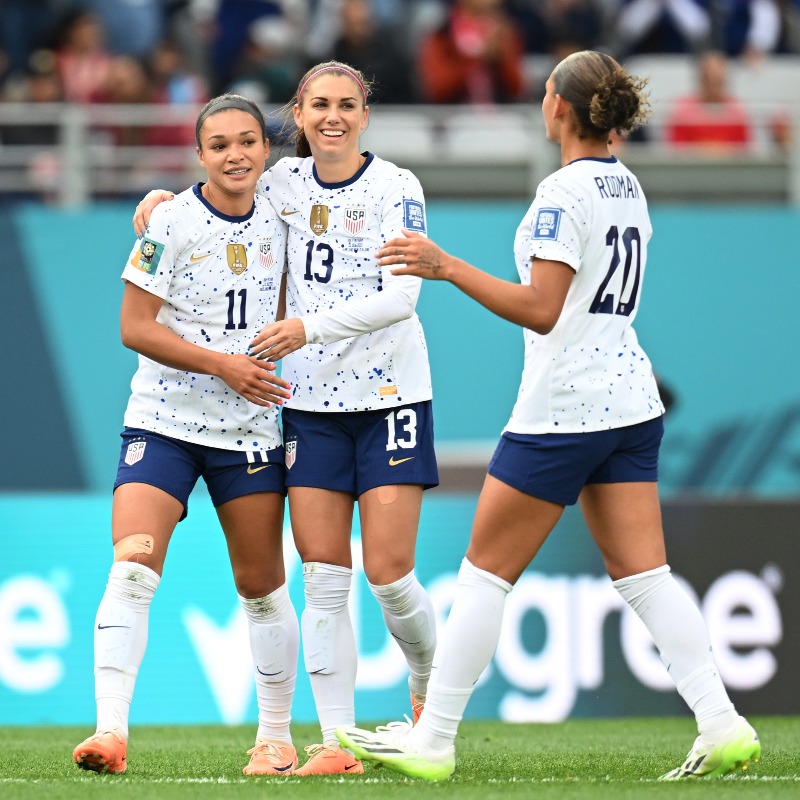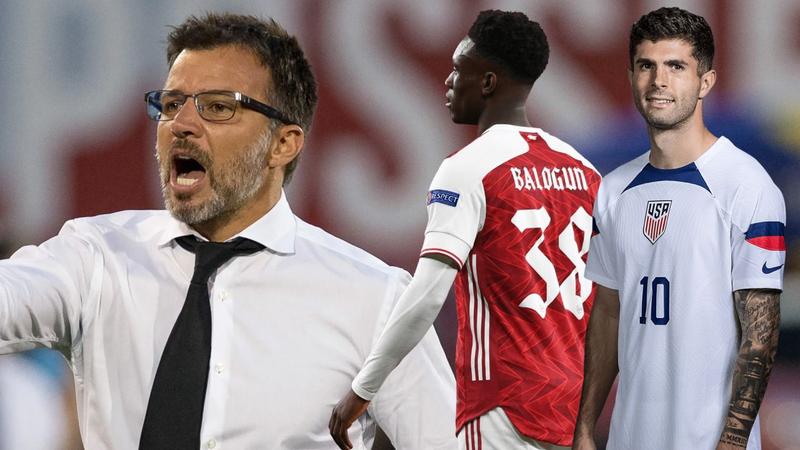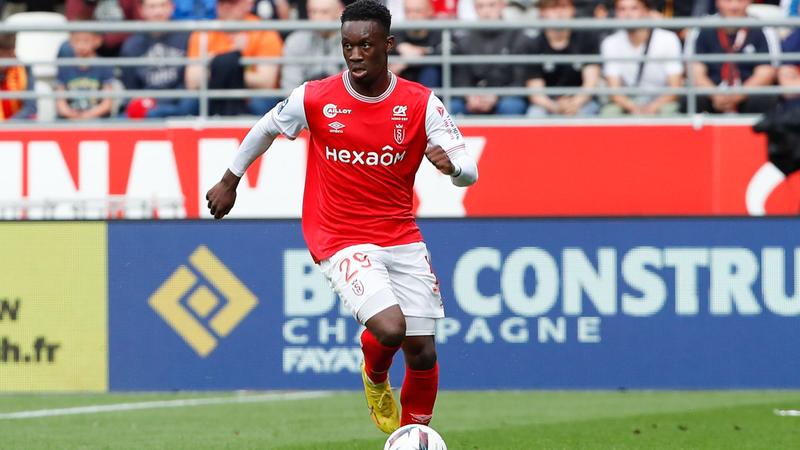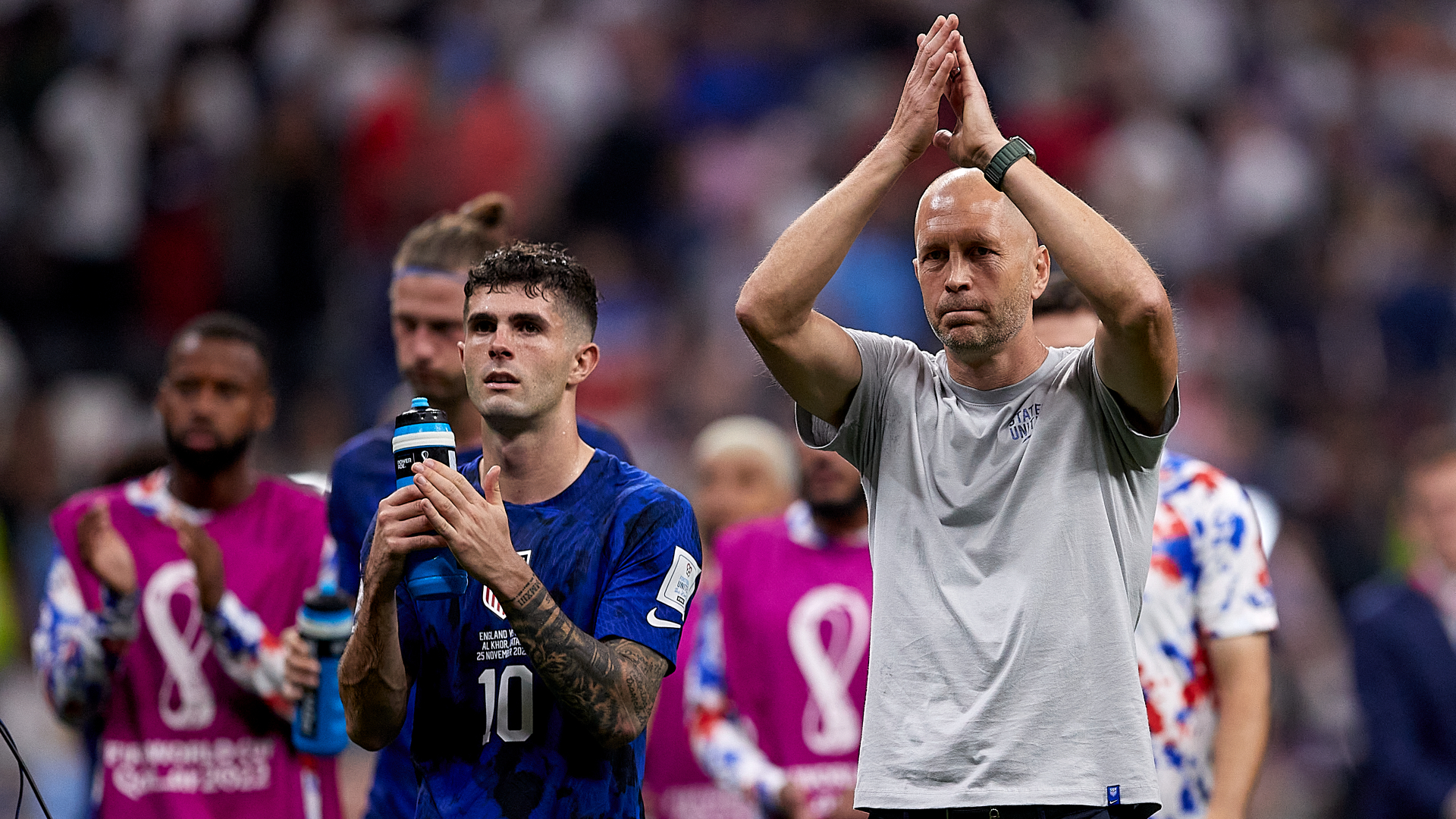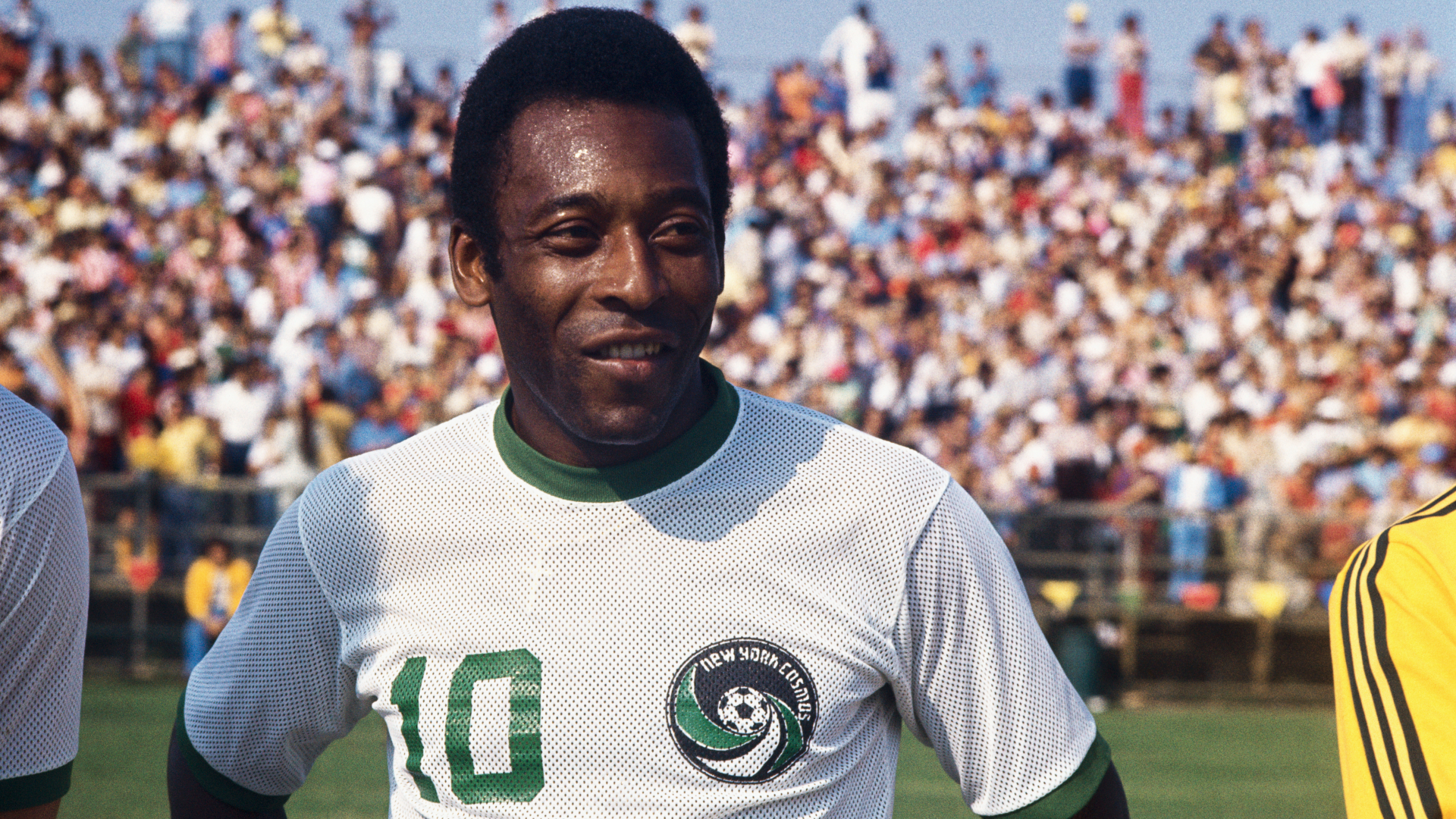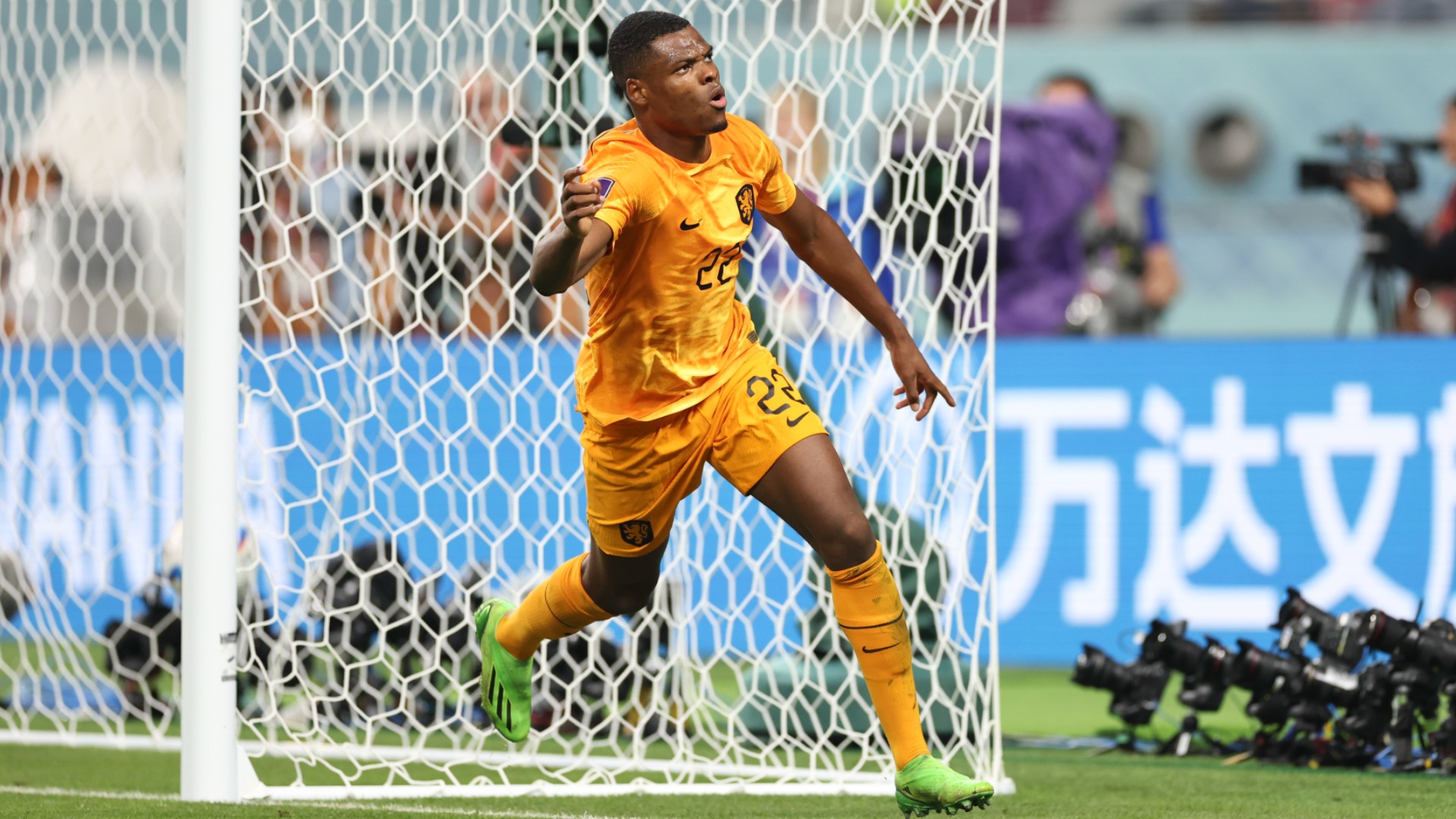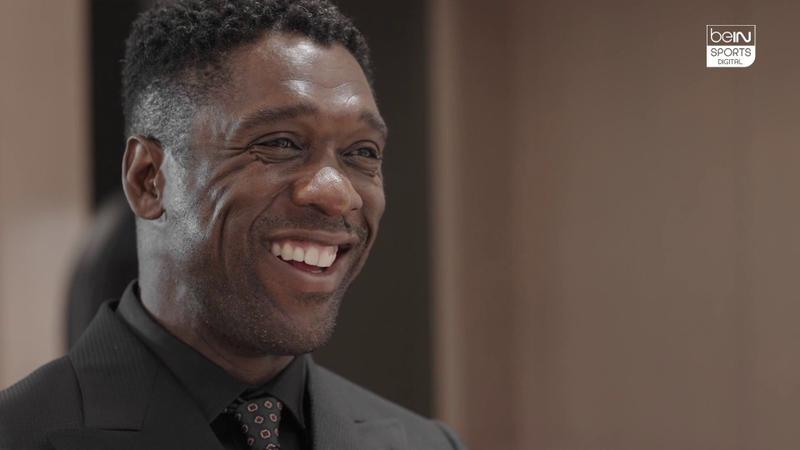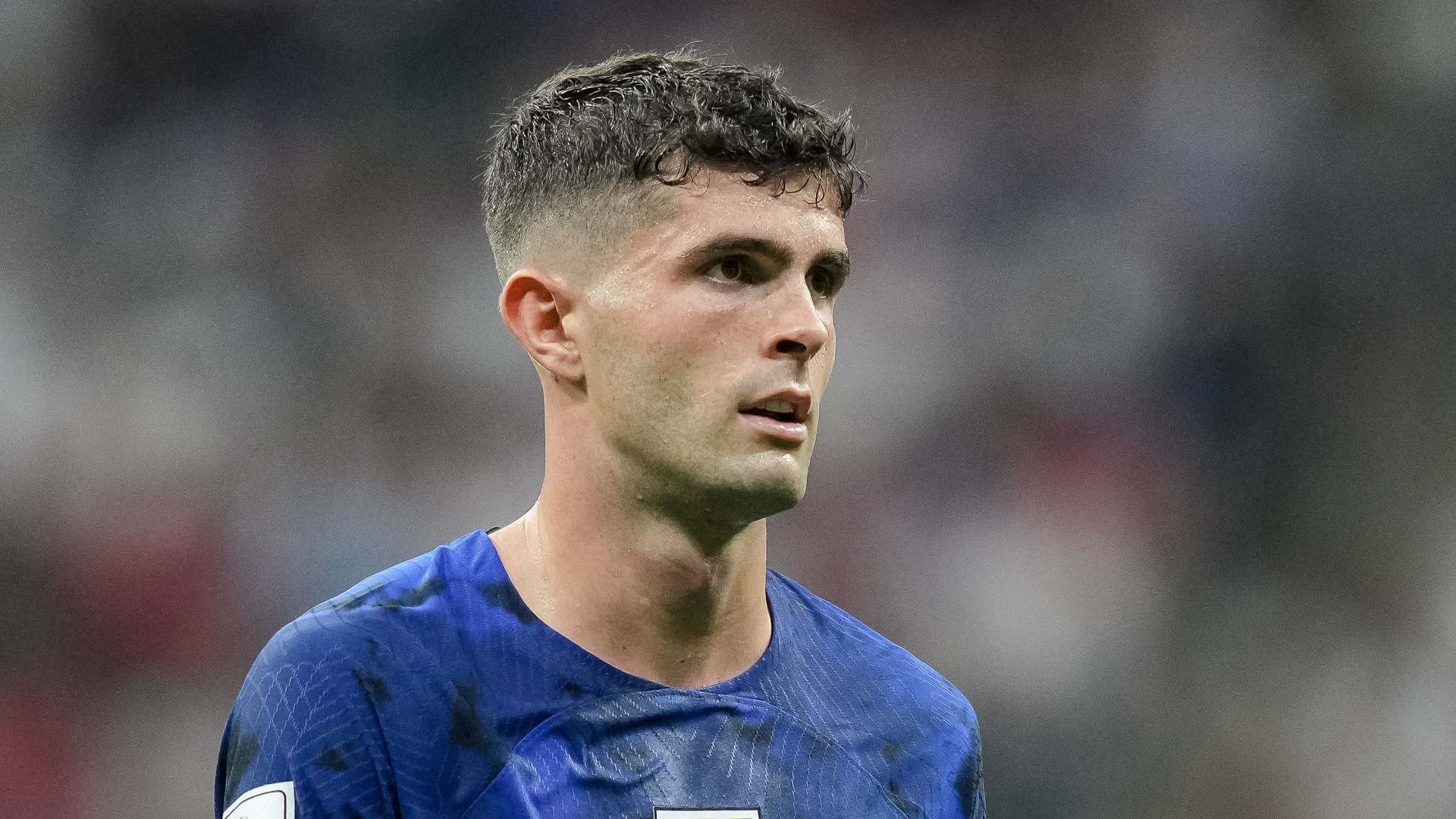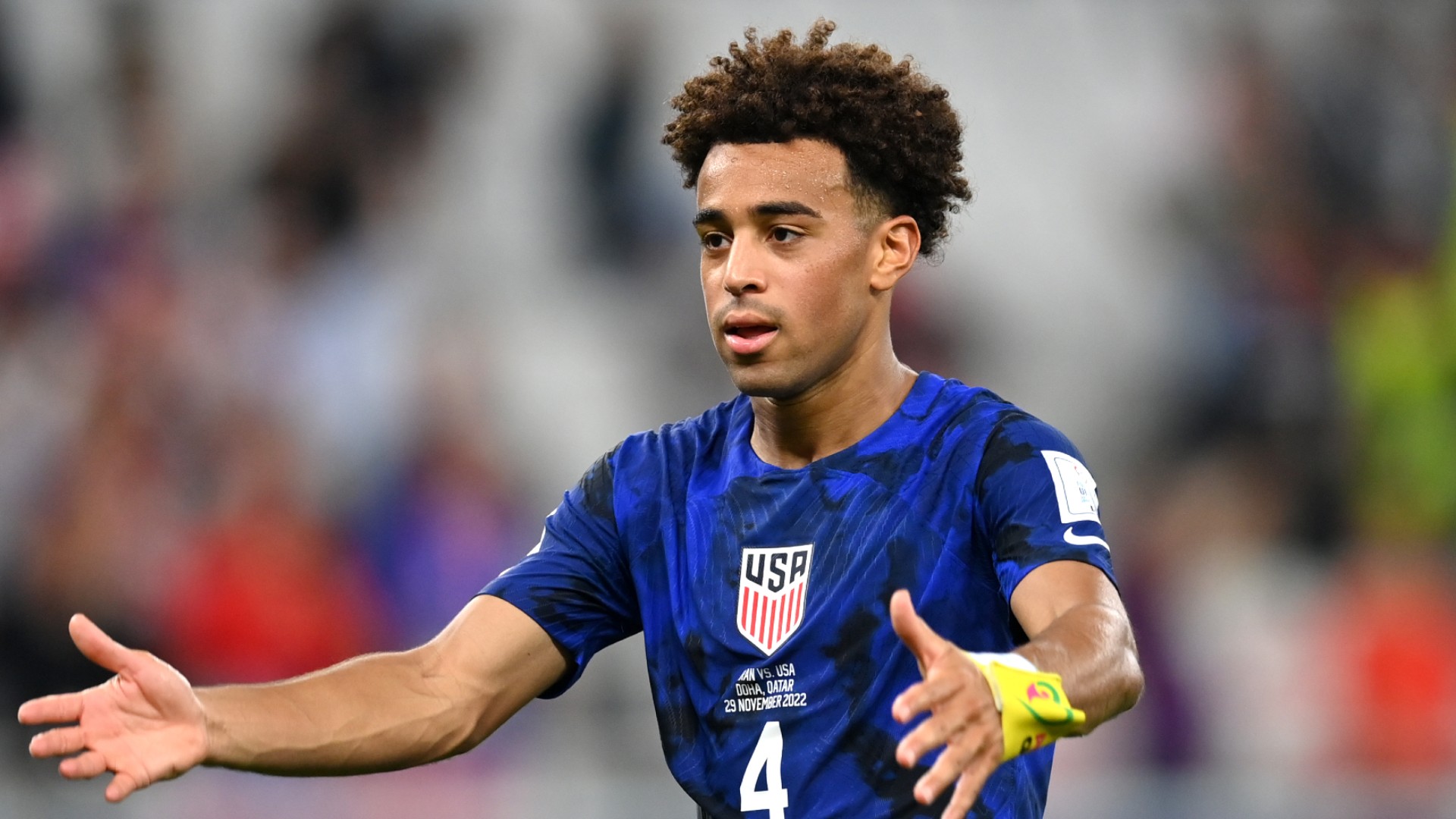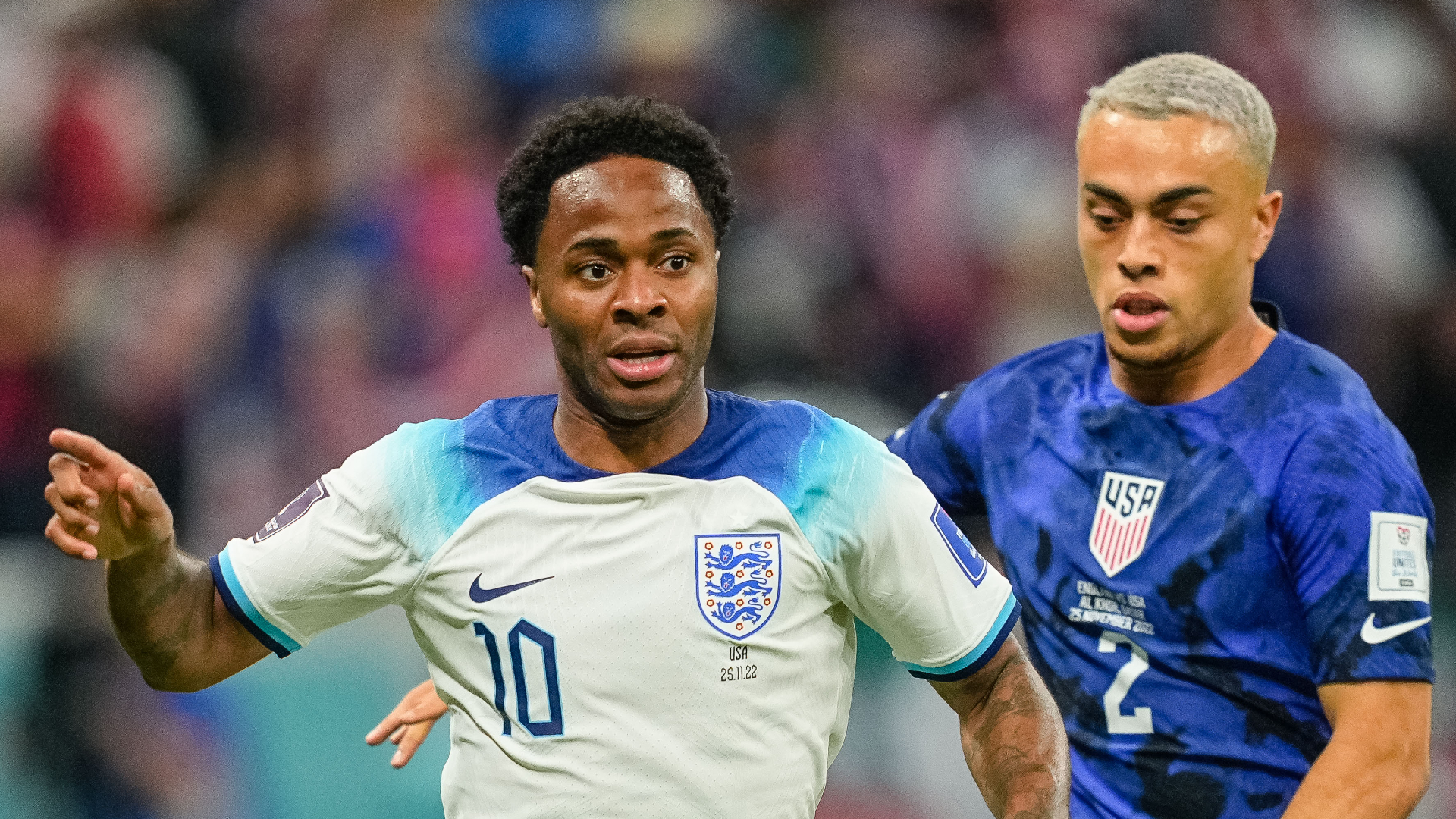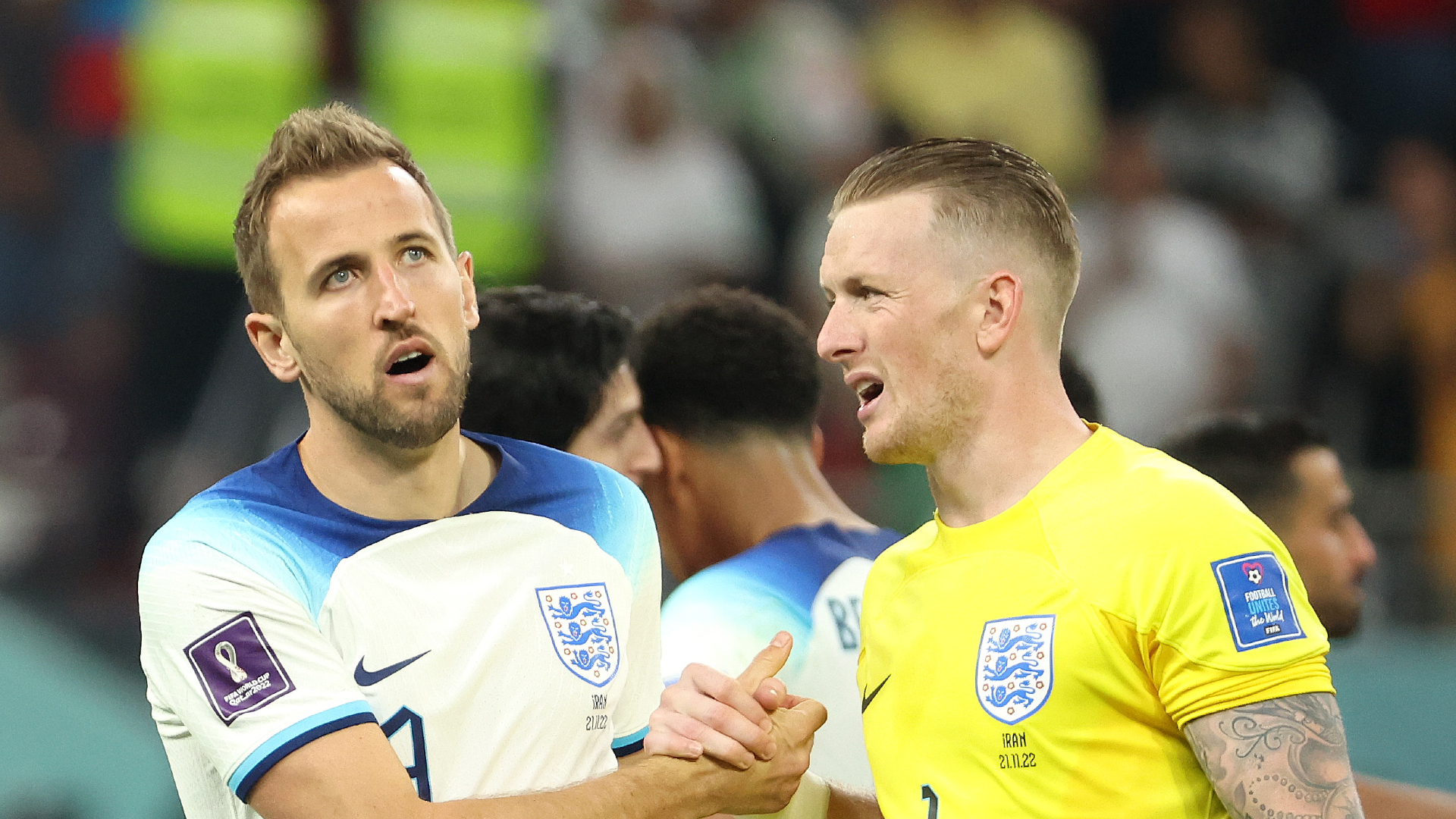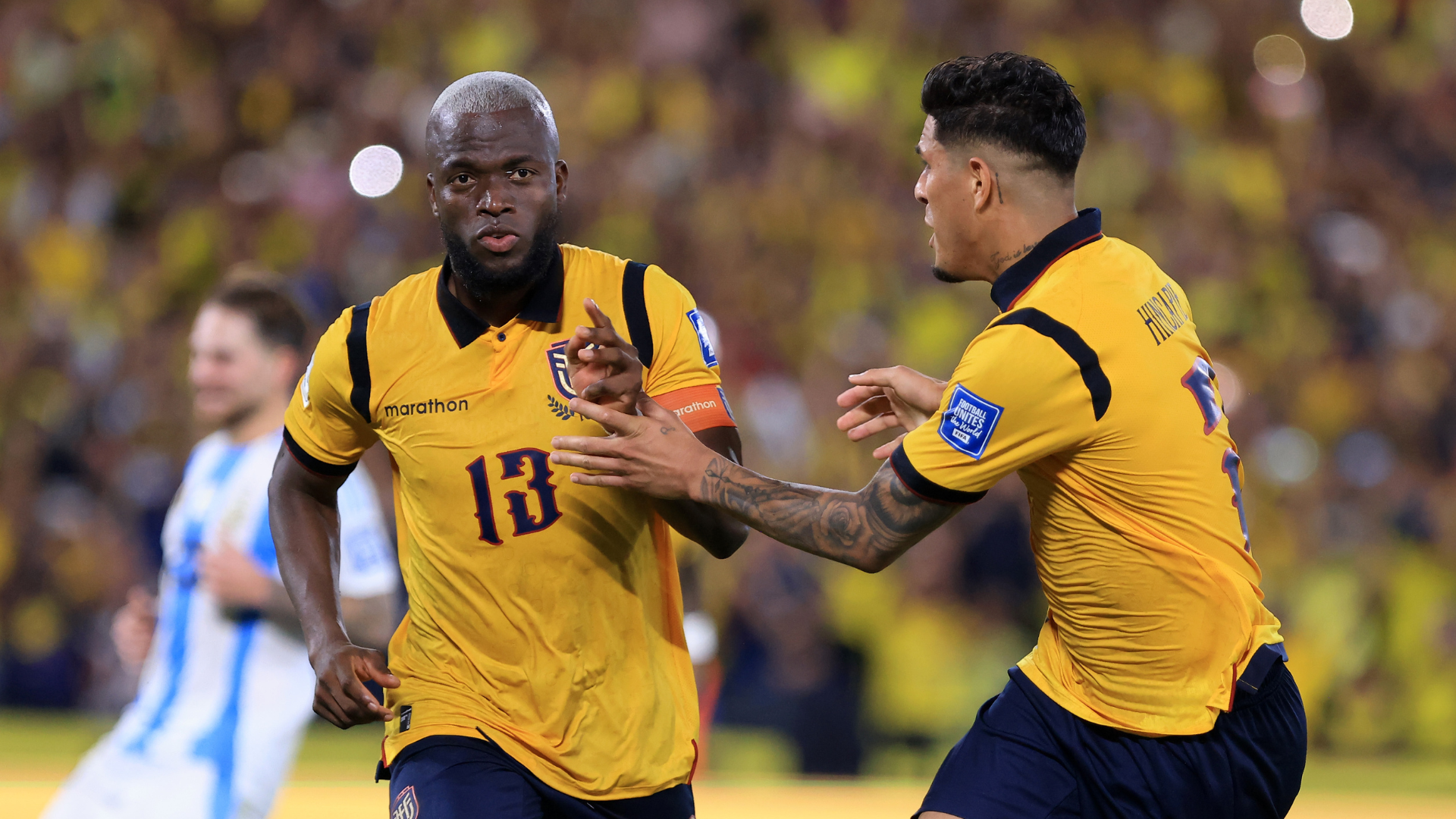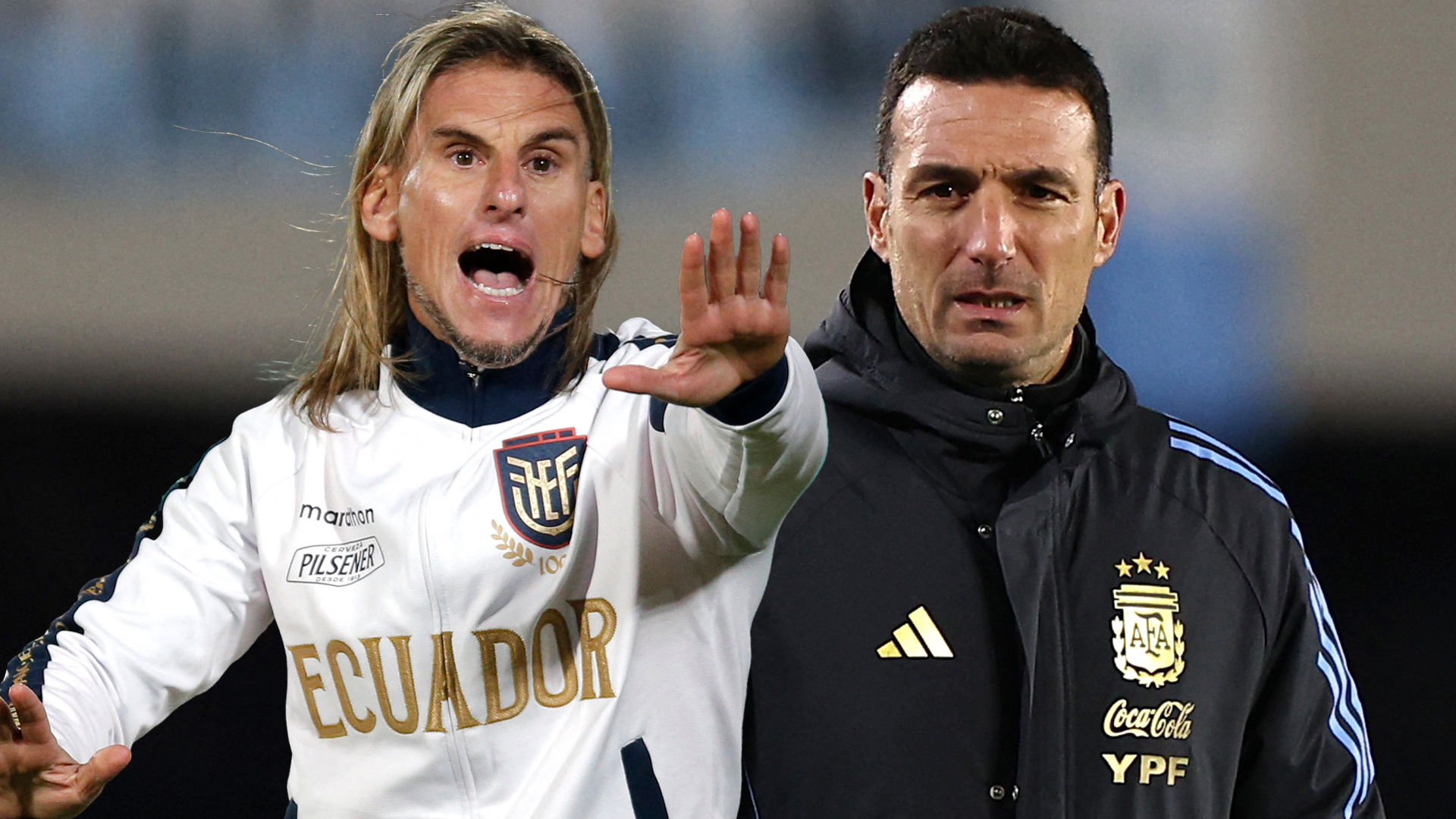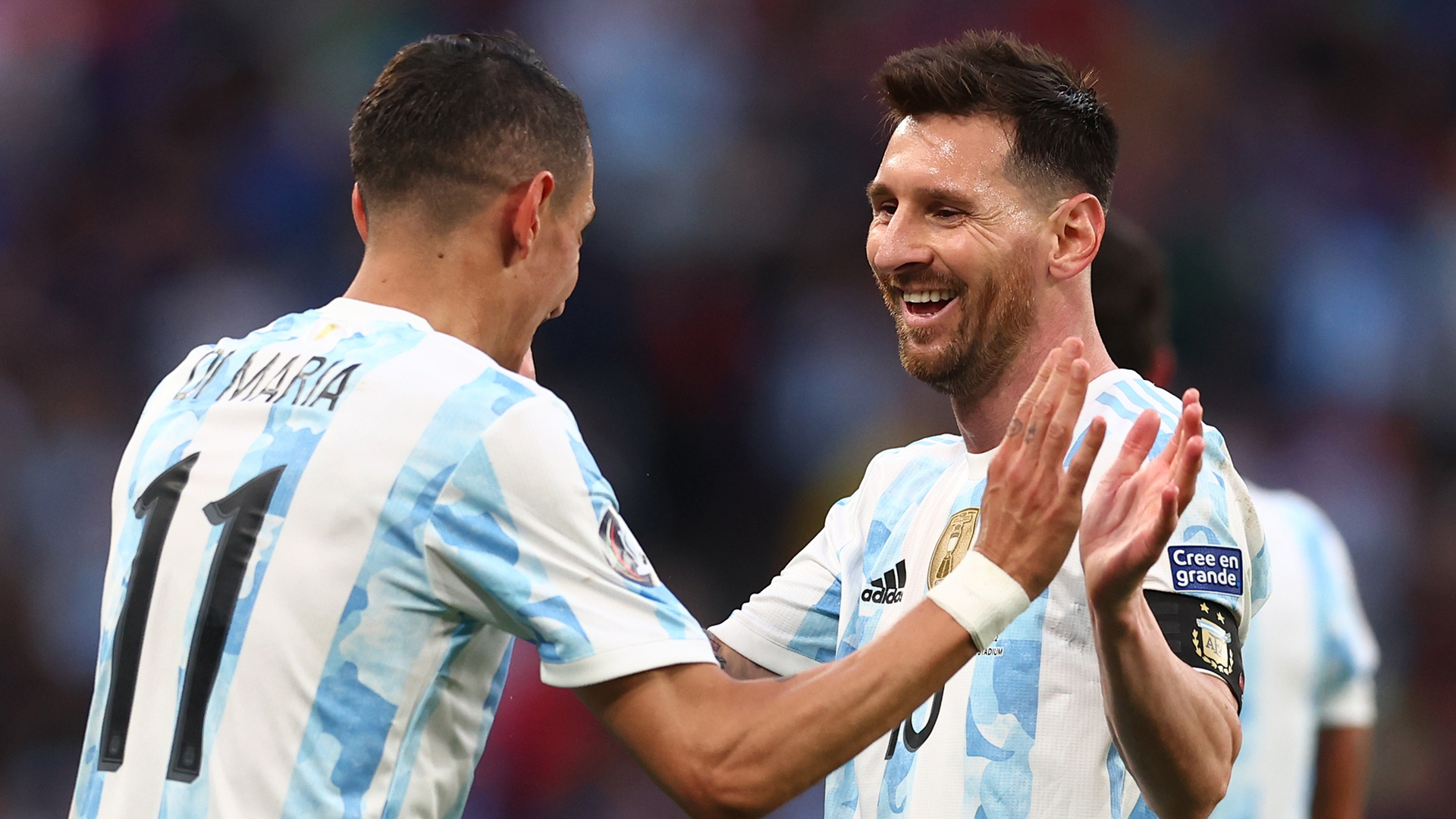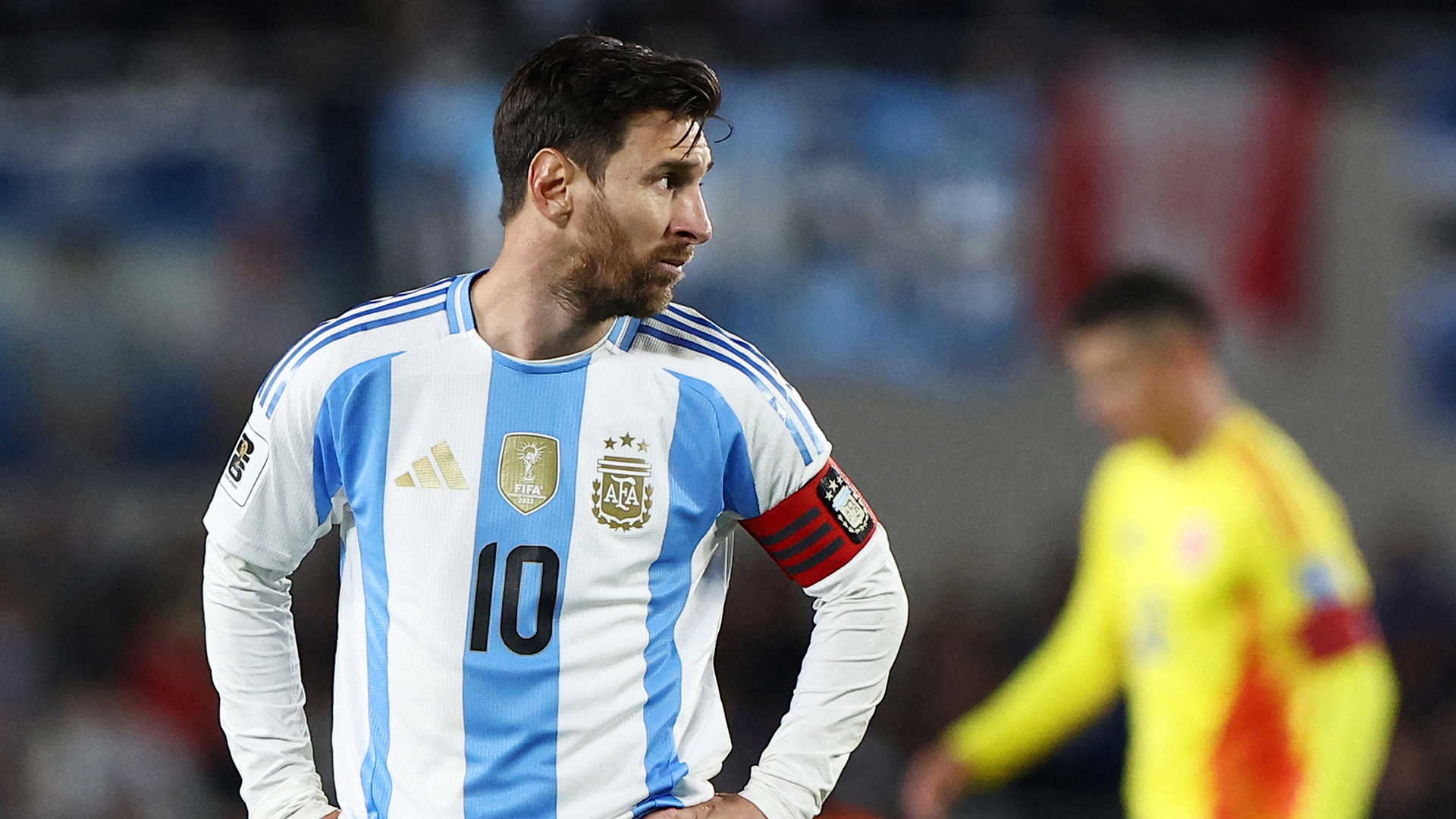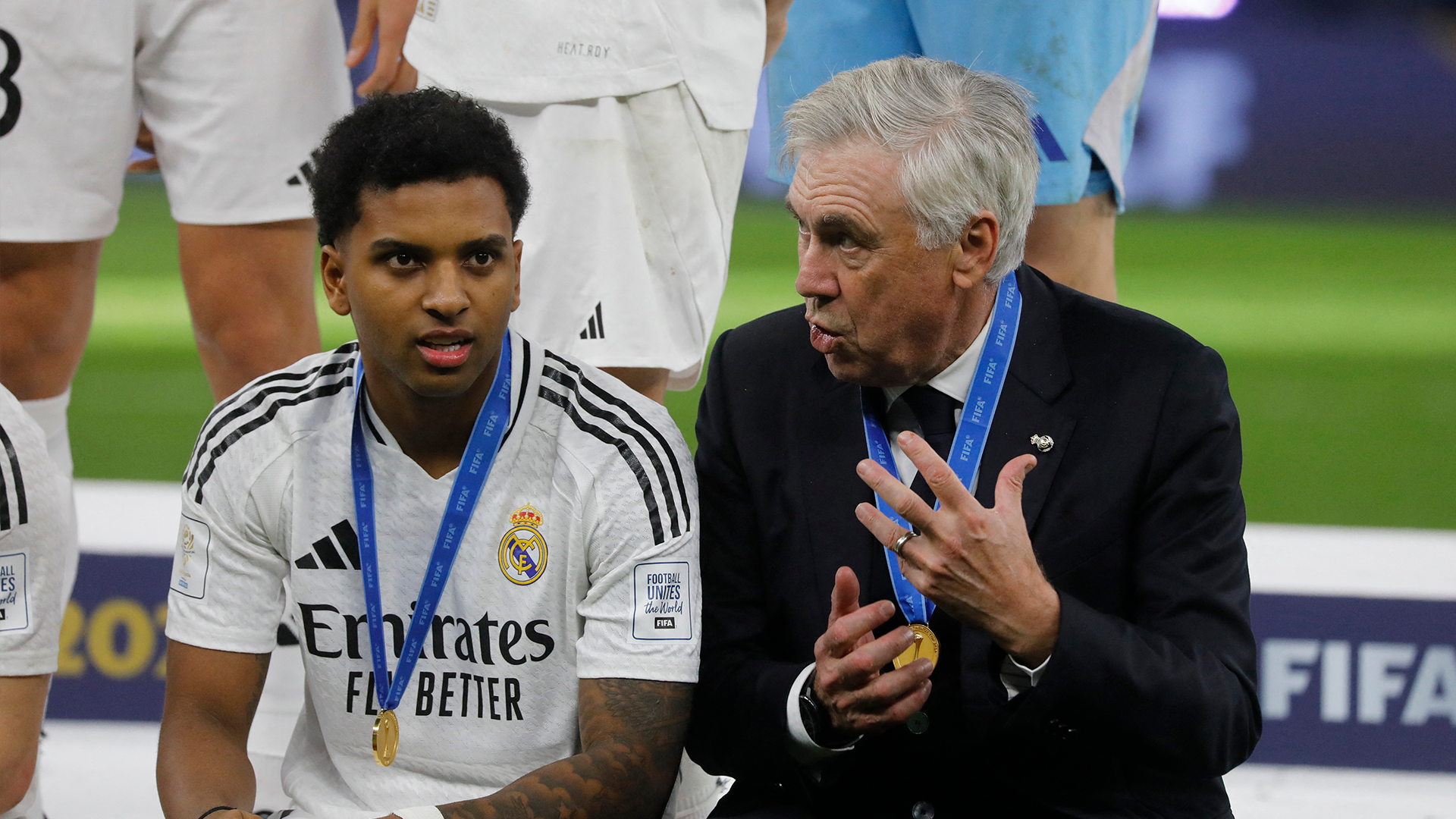- Home >
- Soccer >
- CONMEBOL World Cup Qualifiers >
- Is the US Expecting Too Much Too Soon from National Team?
Is the US Expecting Too Much Too Soon from National Team?
The American public wants its US National Team to be among the world's best -- but is that realistic?
By Terry Baddoo
The cloud hanging over the US Men’s National Team (USMNT) following three straight defeats, including a pride-sapping playoff loss to Mexico, is understandable. Nobody likes losing, and coach Jurgen Klinsmann, like any soccer coach, is paid to carry the can. But when an authority like former USMNT stalwart, Alexi Lalas, hits the Twitterverse with the following, one wonders if the US is setting itself up for failure.
Really! Based on what? Even through rose tinted spectacles it’s clear the USMNT has not yet had a truly world class player in its ranks. Several very good goalkeepers like Kasey Keller, Tony Meola, Brad Friedel and Tim Howard, for sure, but world class? Buffon is world class. Neuer is world class. Do any of the names mentioned stack up?
And as for outfielders – Claudio Reyna, Brian McBride, Clint Dempsey, Landon Donovan, Michael Bradley –all good players, but none of them even close to being giants of the global game. So why would anyone think the whole should be more than the sum of its parts?
Nothing against Alexi, dreaming big is fine, but if the great American public is being deluded by those supposedly in the know it’s no wonder that any performance falling below “world class” level is deemed a failure.
Quantity is Not Quality
But it’s un-American not to compete with and beat the best, I’ve heard people say. It comes with the birthright. What’s more, with a population of 320 million the talent pool is huge, and if Costa Rica, a country of just 5 million people, can make the quarterfinals of a World Cup, then surely the US should get at least that far on a regular basis.
No, that’s a fallacy, as quantity doesn’t necessarily equal quality. Soccer is the national sport in Costa Rica, as it is in the majority of FIFA nations. Consequently, many of the best Costa Rican athletes play soccer. The Costa Rican Primera Division dates back to 1921.
The Ticos are wholeheartedly devoted to soccer from youth level through adulthood, and the capacity to nurture and inspire the players with the potential to become elite has been built over numerous decades.
Contrast that with the US, which has only had a credible professional league since 1993, and where domestic soccer is 4th or 5th on the totem pole in terms of exposure. As a result, soccer can’t attract the Lebron’s and Brady’s of this world because the prestige and rewards of playing the game in the US are just not comparable to that of football, basketball, baseball or hockey. I know soccer is a huge participation sport among the American youth, but the carrot to continue beyond school age is still not there for most kids.
Now, if the domestic foundation pales in comparison to Costa Rica’s, it stands to reason that it’s light years behind that of true world class soccer nations like Spain, Germany, Argentina, and Italy, so how can the US hope to compete on a level playing pitch?
Accentuate the Positive to Keep Growing
Despite current realities, any coach of the USMNT faces a constant battle to manage expectations; a job complicated by the occasional plucky loss in the middle stages of the World Cup that hints at world class status just around the corner.
It’s self-defeating as it undermines all the good in the US game. The national team is currently in a mini trough, but that happens in soccer. Just ask Dunga’s Brazil or Blind’s Netherlands. But rather than wallow, Americans should accentuate the positives.
The USA is doing remarkably well for the young soccer nation that it is. After not qualifying for 9 straight World Cups, 2018 will be the USMNT’s 8th in a row, if, as expected, they get there.
The MLS has turned from a punch line into a credible mid-level league in an amazingly short time, and with the kind of investment Ronaldo spends on hair gel! American players are predominantly journeyman at the moment, but journeymen who don’t embarrass themselves when rubbing shoulders with the best, as proven at club level and at the last two World Cups.
World class credentials have to be earned, and in a sport where the elite have been dedicated to the cause for more than a century, it’s arrogant for anyone to assume that greatness can be theirs in short order just because they want it.
Patience may eventually reveal America as a soccer superpower, but patience takes time; and it would better serve the development of US soccer if the journey to greatness was rooted more in reality than hype.











